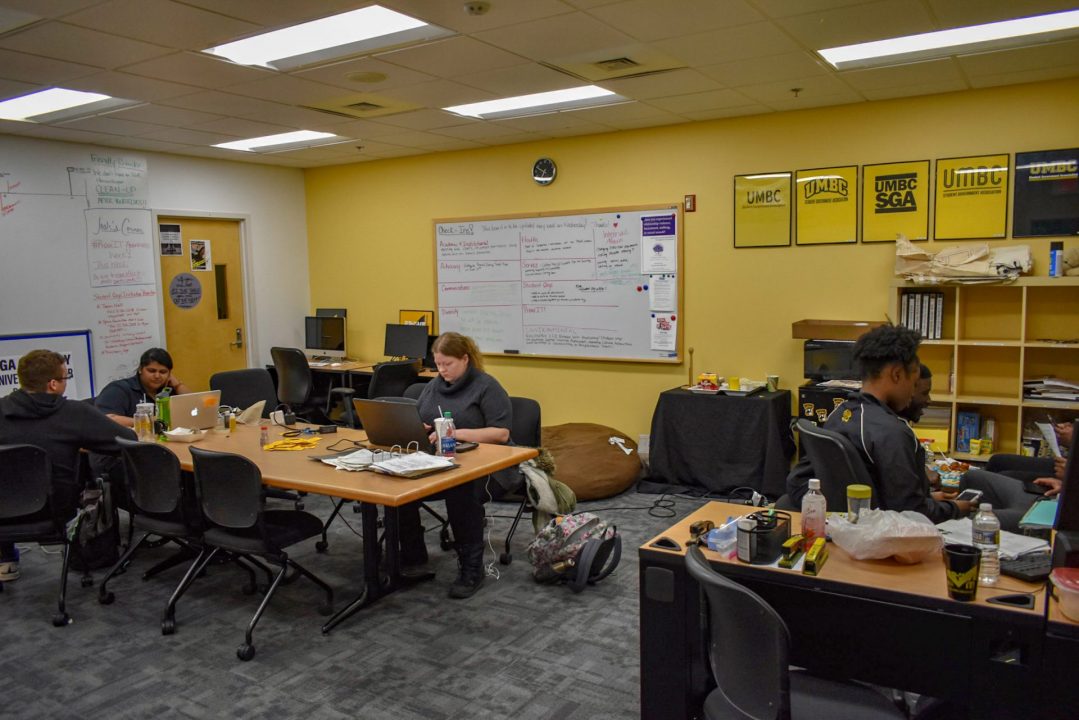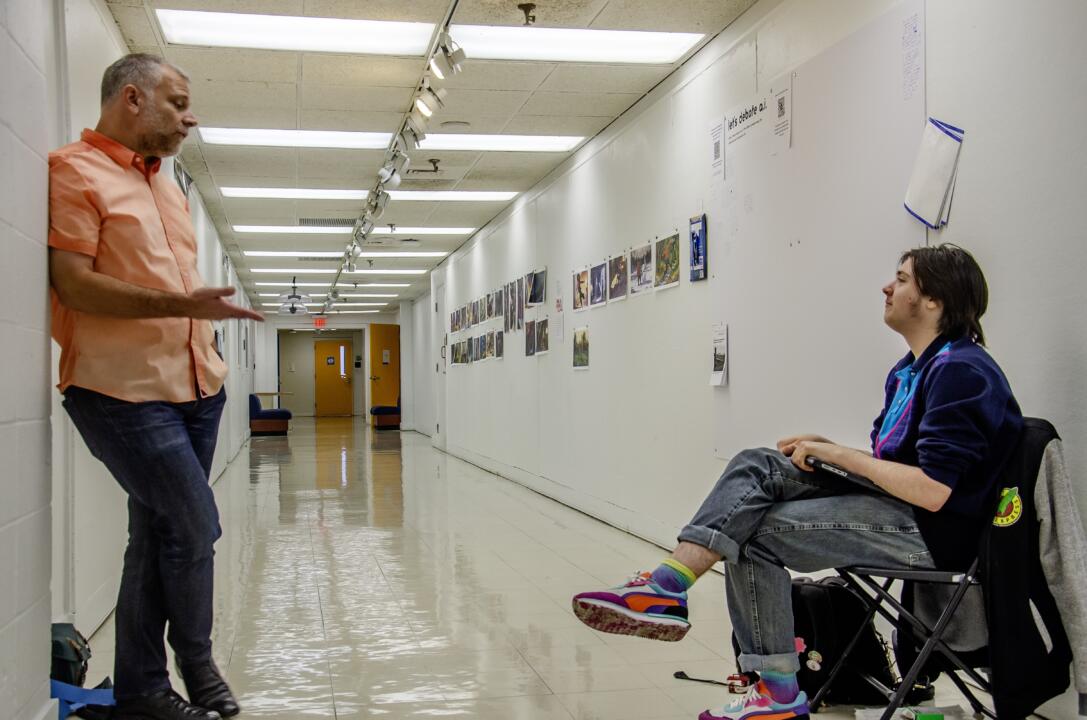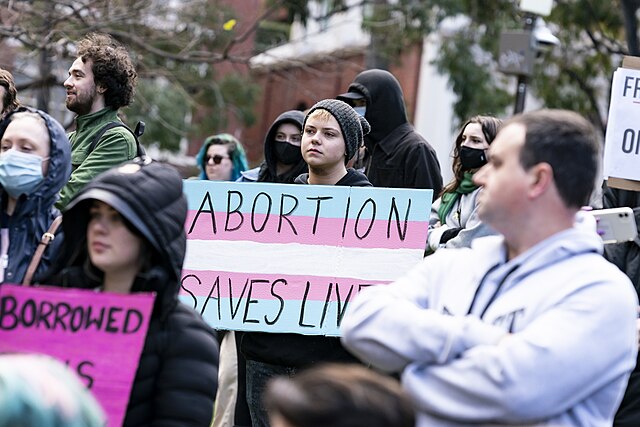For Student Government Association candidates this spring, the structure of the annual debates has changed. The original format of having an hour-long debate is being replaced by individual question and answer videos, where students can submit a question to the election board.
The change is brought about with the goal of making election debates more available to student voters, as well as creating a more a public campaign to increase voter turnout. Voting turnout in the election of 2017 was exceptionally low, at 1,235 students.
The official candidate list for the 2018 election was posted on myUMBC on Thursday, April 5. This election season, online voting will be available from 7 p.m. to 7 a.m. from April 23 to April 25. Two physical polling stations will available, although their locations are yet to be determined.
Sophia Lopresti, the Election Board chairman and senior global studies major, spoke on the difficulties of the presidential debate. “The debate format was very volume cumbersome, so there could be up to eight students talking, and it is really hard to get a sense of them individually when you only have an hour for students to get across their main points while they’re also retorting to each other.”
Attendance to past debates has also been low, typically with students going to support a preferred candidate rather than new voters attending. The debate would also be uploaded online in its hour-long entirety, which is disadvantageous for viewers looking for policy specific views.
The goal of individual, online Q&A posts is for students to better understand the different positions of candidates, and increase accessibility and awareness for student voters.
The Election Board will be holding two events to promote the election: one on April 9 during free hour and one on April
UMBC has an undergraduate population of 11,234 students, and approximately 65 percent of students commute, which creates a need for highly accessible voting options. In the past, the Election Board held physical polling stations, which was eventually replaced with online voting.
“Even if you’re not in SGA, the President and the VP represent the student population to the administration and beyond; they’re the face of students at UMBC for publicity’s sake,” said Lopresti, on the importance of voting.
For student organizations, it is especially important to vote for a preferred candidate, as the Finance Board, a segment of the SGA’s legislative branch, allocates funding for all student support organization activities.
In past elections, multiple campaigns were found to be in violation of Election Board rules, even delaying result announcements in 2015. Since then, a new policy has since been established: nonpartisan Election Board members are to run polling stations, and candidates are prevented from campaigning after 2 a.m. Following the 2015 elections, a zero-tolerance policy on voter harassment was created.
As campaigning and debates begin, candidate profiles will be available online through a google site created by the Election Board, where all election information and events will be available.


